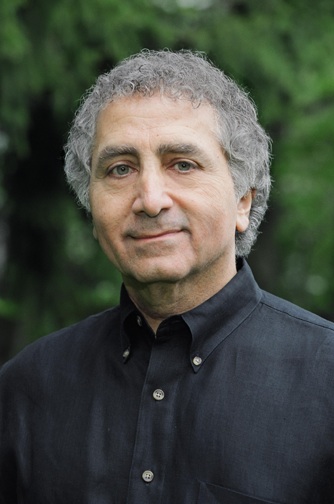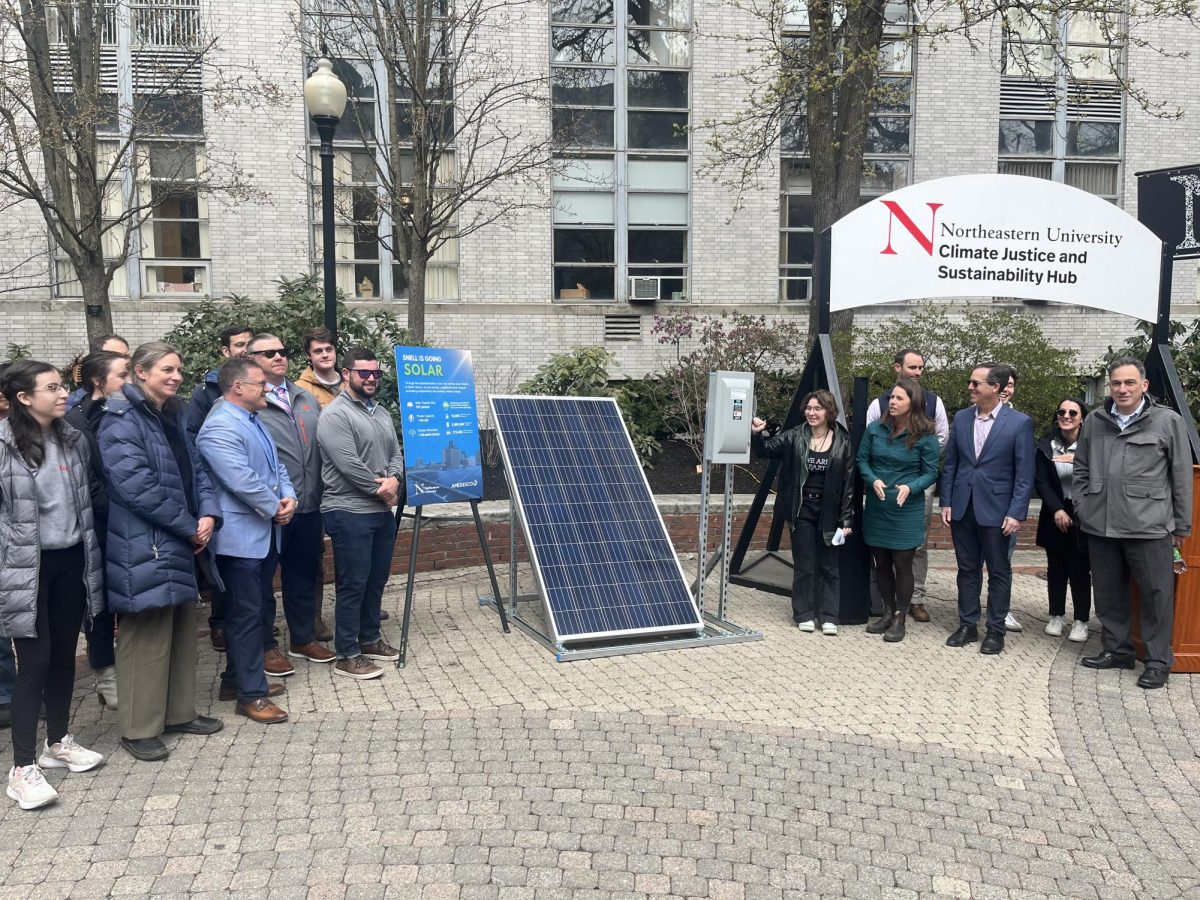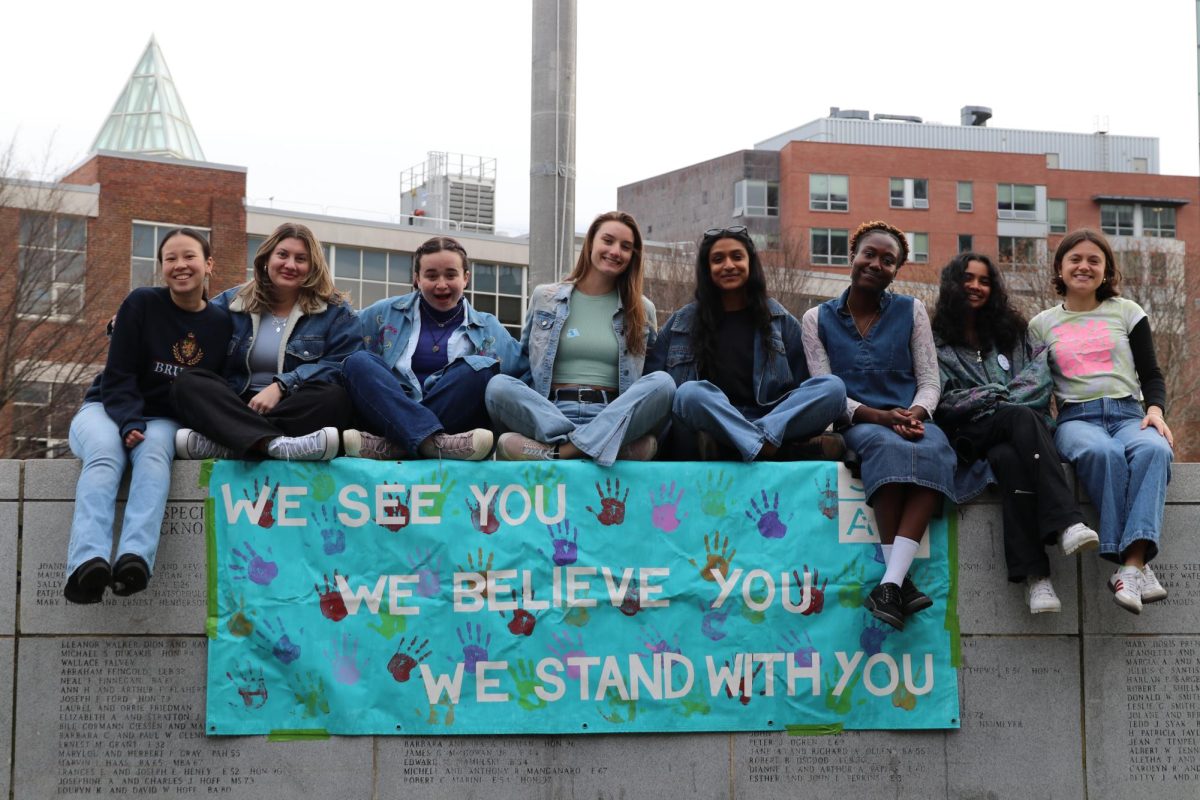By Maxim Tamarov, news editor
Worcester Polytechnic Institute (WPI) recently awarded NU professor Gary Goshgarian (a WPI alumnus) with the Robert H. Goddard Award. Goshgarian, also known by his pen name Gary Braver, is the author of many science fiction novels (such as ‘Elixir’ and ‘Flashback’). At Northeastern, he became an English department pioneer by starting the science fiction novel class — the longest running and first such class in the nation. He continues to teach science fiction, along with horror fiction and the modern best-seller. The News spoke with Goshgarian about his unique career path.
Hunt News: Tell me about this award.
Gary Goshgarian: Robert H. Goddard was the first person to use liquid rocket fuel in 1926. He was the first rocket scientist … He was a very famous alumnus and WPI years ago decided to establish an award in his name for outstanding professional achievement for people who are very innovative, dedicated, and took a creative path from the standard career of a WPI graduate. In the past it’s been CEOs, and rocket scientists and astronauts — and me, just a plain English professor … I’m honored obviously. More than honored. I’m probably the only one who’s ever graduated from Worcester Tech and ended up teaching English.
HN: How did that come about? Were you always a writer at heart?
GG: Yeah. Early sophomore year I realized I did not want to spend the rest of my life as a physicist in a physics lab. I did a lot of writing. I wrote for the Tech News, [WPI’s student newspaper]. I was writing for the yearbook and I started a humor magazine. I really liked writing … I had an English professor at WPI who was fabulous. He had written magazine articles; he had dabbled in fiction. He was passionate about teaching literature and I said, ‘I want to grow up to be just like him.’ I never once regretted getting a physics background.
HN: It probably helped with science fiction, right?
GG: I appreciate the science in science fiction. I had a leg up on my English major colleagues. The novels that I’ve written are all kind of a science breakthrough … Each one needs a lot of research. Having a science background made it easier for me to come up with semi-smart questions for the research people I was interviewing.
HN: Did you have writers you looked up to that had a similar background?
GG: In the early days no, but I had read a lot of science fiction, so there an appreciation for that. Arthur C. Clarke was probably one of the more articulate writers in the ‘50s and ‘60s. He was a visionary.
HN: He wrote the story behind ‘2001: A Space Odyssey?’
GG: Yeah, he was ahead of the standard boilerplate science fiction novel. Isaac Asimov was another [inspiration]. And Harlan Ellison. He talked about race, gender, politics. He kind of lit my fire and I use some of his stuff in my science fiction class.
HN: How have you incorporated the background in physics into your teaching?
GG: Good question. The summer of the sophomore, junior and senior years I was a physicist working at Raytheon. We had a secret lab we were working in in Maynard, Mass., which back then was a cow town. We were doing super secret weaponry: the first laser guns, ball lightning, tornadoes. I did see science without ethics; science that was questionable; science that could be used against people … Our attention was to make a model of a tornado that on a larger scale we could do something with, and stop the trailer parks and cows and farms from getting stuck up in the clouds. The pentagon wanted to make a weapon out of it and start it over a Vietcong village.
HN: Kind of like the Manhattan Project?
GG: Exactly. Except I didn’t know it was a Manhattan Project. My job was to make the thing and keep hush hush for whatever reason. But my intention was beneficial. Their intention was something more malevolent. When I started teaching science fiction [I used] Mary Shelley’s ‘Frankenstein’. ‘Frankenstein’ is about a guy who wants to improve on the human condition and invents a creature that turns against him and kills everything that’s important to him — technology backfires. That was a theme I could click into because I did that in the lab. I saw some of that happening in my own life. That ‘watch out what you wish for’ is the theme of all my novels.
HN: You were one of the first to offer science fiction as a class.
GG: I think it’s probably the longest running one in the country — probably because I’m living so long. I started it when I was in my 20s and it’s still going after 42 years. I kept ‘Frankenstein’, but I changed most of the other readings.
HN: What was it like to found that class? Did you face any criticism?
GG: Back in the early ‘70s, the chair of the department sent an SOS around saying we’re losing students from non-English majors taking elective course so come up with a really cool idea. So I came up with science fiction and it really took off.
HN: Was horror fiction later in your career?
GG: Horror fiction I started in 1980 after spending a weekend with Stephen King at his place in Maine. Then about the same time I stated [the class on] modern bestsellers.
HN: How did you meet Stephen King and why were you in Maine with him?
GG: (Chuckles) It was funny. My wife and I were visiting a couple who have a small cottage on a small lake in Maine. There was a really cute white library there with a sign in the window that said, ‘Our own Stephen King is speaking tonight, 7:00.’ I had no idea what King looked like. King was there. He was terrific. He had just come back from the shooting of ‘The Shining.’ He was talking about that and ‘The Dead Zone’ and the books he was working on. We asked some smart questions as opposed to the little old ladies who asked, ‘Why do you swear so much?’ and ‘Why are your books so long?’ We asked more intelligent stuff so he said come by to the house, have some beers. So we did. And I said, ‘I want to start a course because of you.’ And he gave me suggestions. I made the horror fiction class in ’82 and it’s been going strong since.
Photo courtesy Judith Jaeger, WPI














